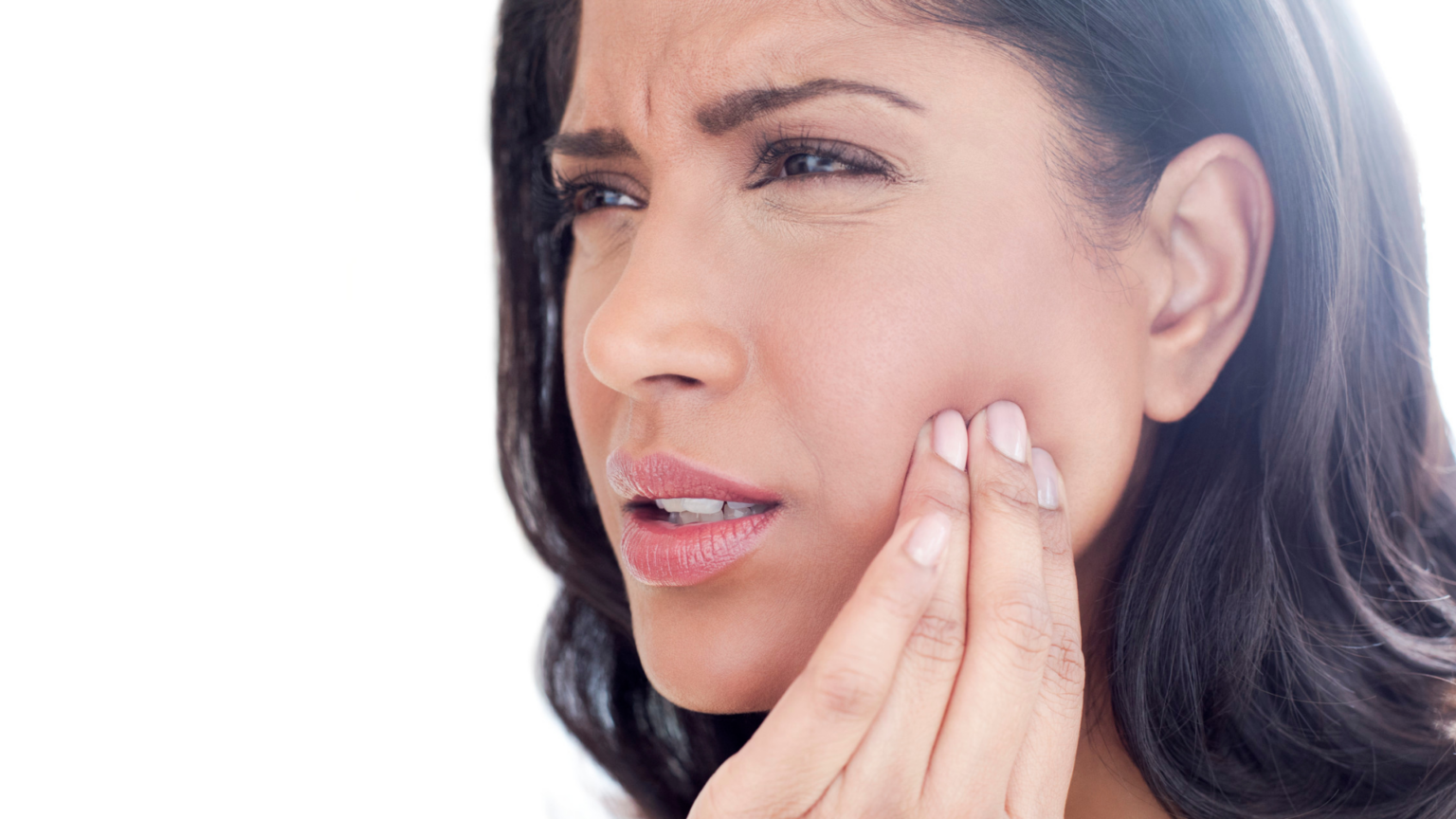The Journal of the American Dental Association reports that there’s a high prevalence of gum disease among American adults, with nearly half having some degree of periodontitis. Gum disease is caused by bacteria and can lead to a cascade of oral health problems, beginning with bleeding or sore gums and ending with bone loss.
Good dental hygiene, including brushing at least twice a day, flossing daily, and seeing your dentist twice a year for cleaning, is the path that will keep gum disease away. Sometimes, though, even those practices don’t stop bacteria from taking hold.
Here at Santa Monica Bay Dental in Santa Monica, California, our providers and dentists are dedicated to helping you maintain excellent oral health. We encourage you to have regular teeth cleanings, and are happy to demonstrate best brushing and flossing practices.
The five signs described here are warnings that you may be headed toward gum disease. If you’ve experienced some or all of these things, book an appointment to find out whether you have gum disease and, if so, how far it’s advanced. The earlier it’s treated, the better the outcome.
1. Your gums hurt
Have you noticed pink mixed with your toothpaste when you brush? Or have you noticed that your gums are tender? Inflammation is often an early sign of gum disease.
You may notice that your gums are discolored, swollen, tender, or that they bleed easily. All of these symptoms indicate inflammation.
Unfortunately, you may avoid brushing and flossing because your gums hurt, but if you don’t the buildup of plaque gets worse. It’s important to continue maintaining good oral hygiene, even if your gums are tender or bleed easily.
Smoking can mask this symptom because it restricts blood flow to your mouth. If you’re a smoker, you may have gum disease but never experience bleeding or swollen gums.
2. Hot or cold is painful
If you cringe at the idea of sipping an ice cold water or allowing steaming hot cocoa near your mouth because heat and cold hurt your teeth, you may be developing gum disease. Dentin hypersensitivity, or sensitive teeth, can be caused by a few different things, such as exposed roots, thin enamel, or gum recession.
Dentin hypersensitivity can be quite disruptive to your life, making it difficult to enjoy some of the most basic pleasures in life — a bowl of hot soup or a glass of ice tea isn’t enjoyable if it causes terrible pain.
3. Your teeth seem longer
Sometimes periodontitis can cause your gums to recede, which makes your teeth appear to be longer. Receding gums can expose the roots of your teeth, which leads to dentin hypersensitivity.
Gum recession is actually tissue loss, and it can become a serious health issue. In a normal, healthy mouth, the space between the tooth and gum is about one to three millimeters. If your gums begin to recede, wider spaces can form. These spaces are called periodontal pockets, and they can become so deep that brushing and flossing don’t work to effectively remove food and debris.
4. You have bad breath
Everyone has halitosis, or bad breath, now and then. But if you have it persistently, it could be a sign of gum disease. The bacteria that cause periodontitis can release toxins that smell bad.
5. Your teeth move
If your teeth have shifted, or feel loose, it could be a sign of periodontitis. Your gums hold your teeth in place. If you have diseased gums, they can’t do their job properly, and your teeth may begin to shift, so that it feels different when you bite down, or they may feel loose.
Whether you have gum disease or not, none of the five symptoms in this post indicate anything positive for your oral health. Book an appointment at Santa Monica Bay Dental if you have tender gums, sensitivity, receding gums, bad breath, or moving teeth.


